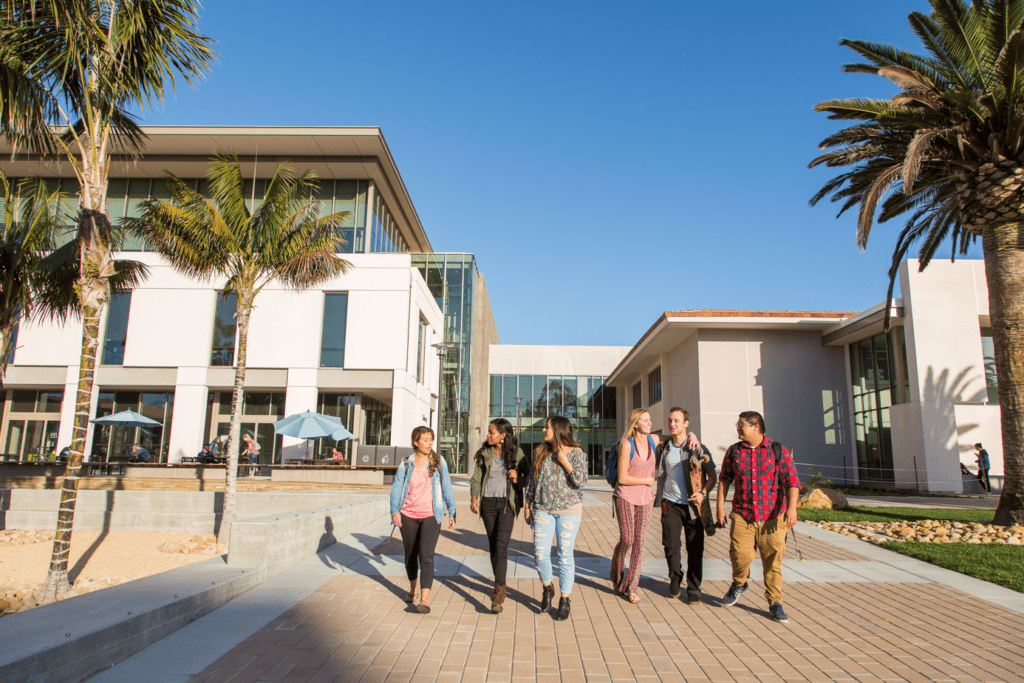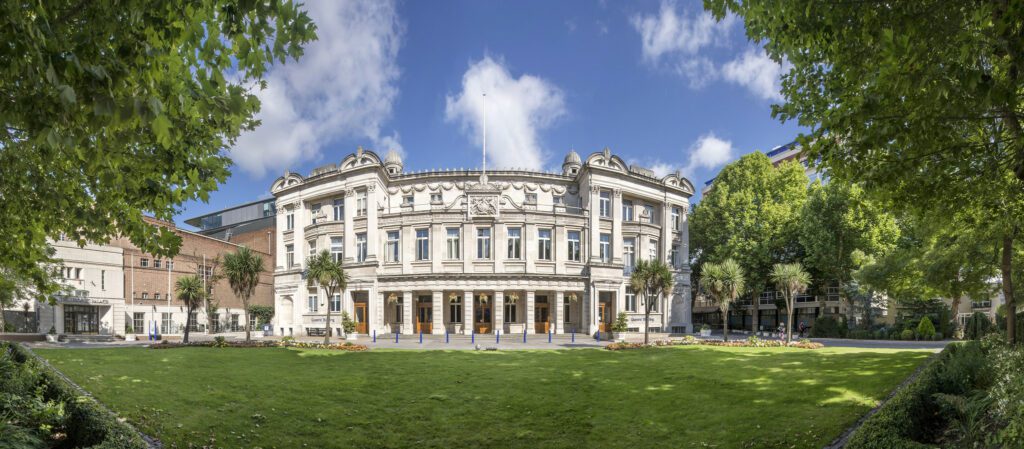Summer camps abroad – where to go?
Although the days are still changeable and there is a nip in the air, summer is just around the corner and now is the time to decide how to take advantage of the long-awaited break.
Why not combine learning with fun, adventure with improving your academic or language skills?
Multiple possibilities for summer camps
Summer camps come in all shapes and sizes, and cover a huge number of destinations, from Los Angeles to London, Malibu to Oxford. You can choose the length of stay that suits you and find a mixture of activities which will make the experience totally unforgettable. Harry Potter fans, for example, can do a fortnight’s course which includes lessons on magic and wizardry, a visit to the Harry Potter set and walking tours of famous locations featured in the films.
If football is your passion, you could sign up for a camp which combines English classes with coaching by members of the Real Madrid backroom team and learn the tricks and discipline you need to become the next Ronaldo. Samiad offers an overnight stay in a medieval castle, along with a real-life murder mystery and lip-sync battles, while future journalists and film makers can take advantage of the vast number of courses organised by the New York Film Academy.
The possibilities are endless… Let us look at summer camps abroad in greater detail!
How do I choose a summer camp abroad?
Academic summer camps
Essentially, summer camps can be broken down into two main types: academic camps and activity-focussed camps. If you are getting ready for a language exam like IELTS or TOEFL, or preparing to apply to study medicine or law and sit entrance exams, then you will probably be drawn to academic summer camps. Most of these provide classes and accommodation on campus and give you a taste of the university experience. The range of subjects covered in academic summer camps is huge:
- architecture
- engineering
- STEM subjects
- law
- physics
- chemistry
- biology
- business
- finance
- computing
- economics
- medicine
- international relations
- creative writing
- philosophy
- history
The curriculum is taught by experts and class sizes are small, averaging around 15. Content depends on age group, with most camps dividing their students into 13-15, 14-17, and 16-18 groups, and variations on that structure, to make sure you are with people of roughly the same age and level of knowledge. Young students are normally placed with families in homestay accommodation, where they are provided with two meals a day, whereas older students are allocated a place in residences on campus.
You can also find highly specialised academic summer school courses, such as:
- English for science
- Ivy League
- Oxbridge preparation
- Intensive IELTS
or opt for a different approach to an academic subject, such as the architectural summer courses which take you on walking tours of historical cities and apply theory to visual practice, organise visits to buildings and run group workshops. If you want to learn a new language, then you could learn French or German in Switzerland and Germany, or London. When it comes to the arts, the New York Film Academy accepts young people from 10-13 and 14-18, and offers summer camps in Paris and Harvard as well as Miami, Los Angeles and New York. The NYFA runs an enormous number of arty courses, including:
- journalism
- photography
- screenwriting
- musical theatre
- games design
- acting
and might be just the summer camp destination for you. Remember, if you decide to sign up to one of their courses, you will need to send or upload a translated school report to go with your form.
Summer camps for English and activities
These summer camps combine 15 hours a week of language learning with a busy program of excursions, sports, activities and socialising. They are immense fun and plunge you into using English in a real-life environment. Some summer camps take children from the age of seven, while others will only accept you if you are ten or older.
Certain summer camps are for 16+ participants. Sherfield School, for example, which has branches in Toronto and Vancouver, as well as in the UK, combines language and sports and accepts youngsters aged between seven and 17. Other summer schools run camps in Toronto, Calgary, Miami, Boston, Los Angeles ,San Francisco, San Diego and London, so you are bound to find a destination which appeals to you and you are keen to visit.
What sort of activities can I do at summer camp?
If you do General English for three hours a day, then there is masses of time left for socialising with your new friends from every corner of the globe and joining in the planned activities. These can include:
- quiz nights
- horse riding
- sports days
- beach parties
- discos
- drama workshops
- board game tournaments
- drumming workshops
- archery
- mini-Olympics
- jewellery-making
- baking
- golf
- tennis
- open mic sessions
- visits to local places of beauty or historic interest
Most summer camps give you a choice between two or three activities every day, and you will normally go on two full or half-day excursions every week.
Don't miss our webinars!
Accommodation on summer camps abroad
You will either stay in residential halls or be hosted by a local family on a homestay basis. Younger children normally live with a local family, and if they have any special dietary or medical needs these will be catered for. The halls of residence on campuses provide 24 hour support and supervision and many offer full board. Once you have decided which summer camp you are interested in, contact Elab and we will go through the board options with you. Trained staff are available on campus around the clock to help you, if you need them, and to provide you with practical guidance and information.
What do summer camp fees cover?
This depends on the camp and the location. Meet and greet services, transport transfers and arranging travel for unaccompanied children can all be organised well in advance. Call Elab with any questions you may have on practical matters, costs, insurance, visas etc. We are here to help.
Summer camps abroad – a summary
As you can see, taking part in a summer camp abroad is a brilliant way of meeting friends, living in an international community and having great fun – as well as learning something new . Now is the time to think about the summer, plan how to spend it – and sign up for a summer camp abroad. What are you waiting for? You could soon be packing your bags to set off on the adventure of a lifetime…








